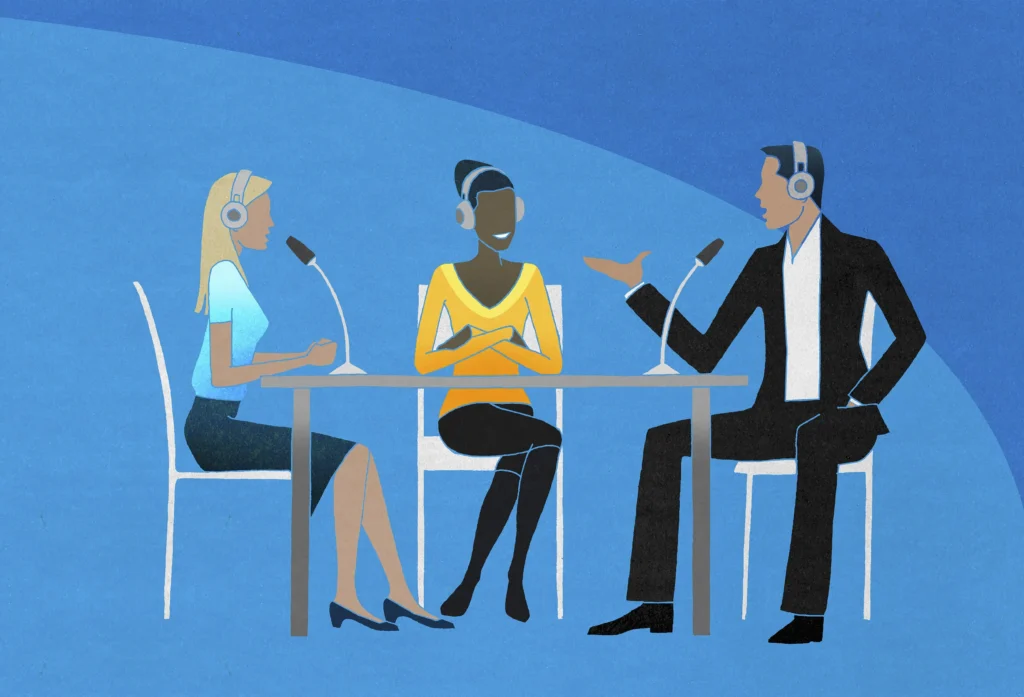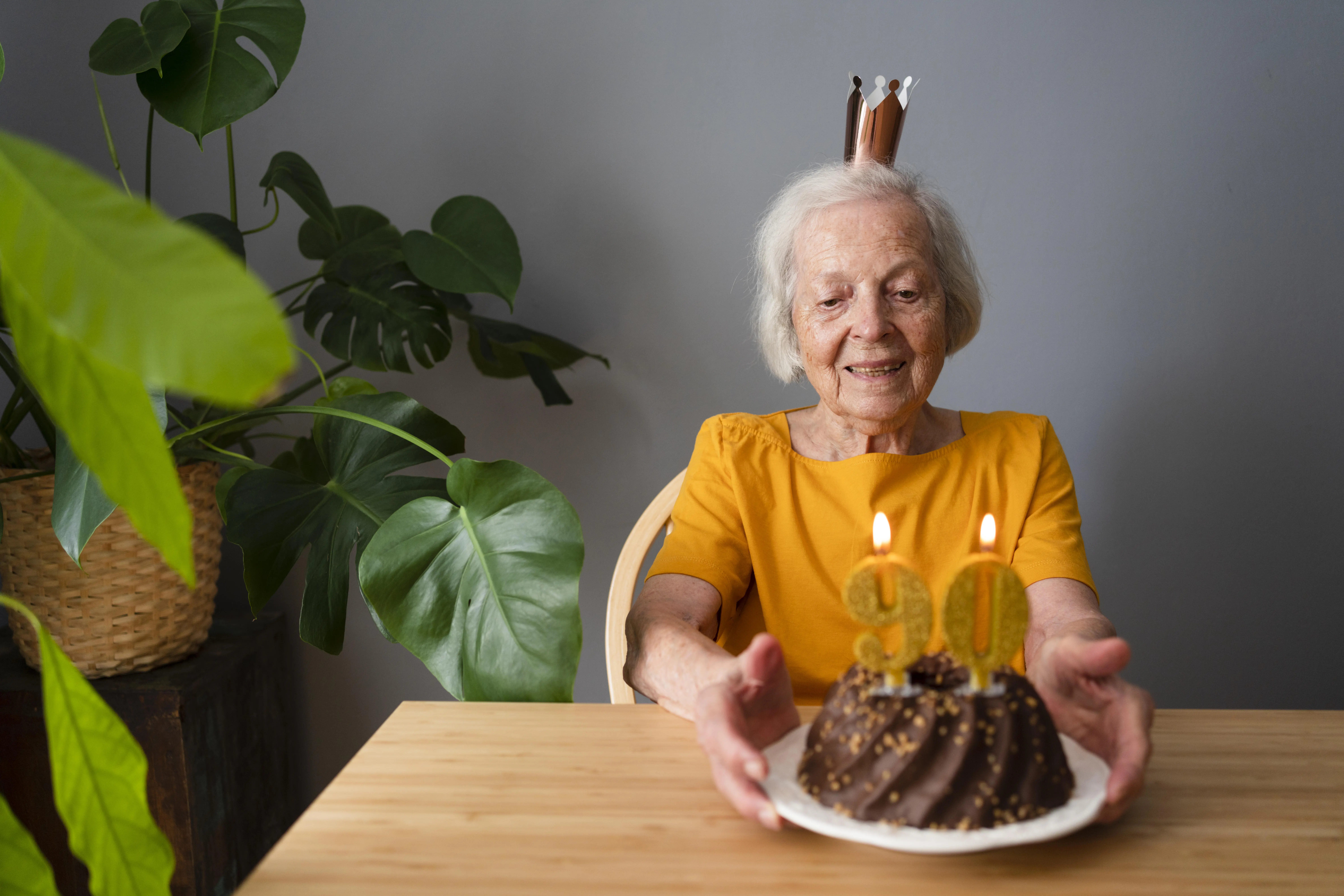GROWING UP WITHOUT BORDERS

The Orange Magazine has been created by the European Youth Press (EYP) to provide journalistic education and to support young journalists by giving them room to explore media and current affairs. Young European journalists are immersed in a subject through visiting different countries and producing content that is straight forward and cuts to the heart of the pressing issues of the day. The focus has changed from providing a learning environment to ensuring the highest quality possible while still allowing young journalists the space to practice and develop their professional skills within an enabling and inspiring environment.
‘What do you want to be when you grow up?’ This is what I asked ten little inhabitants of the ‘Voenna rampa’ refugee camp in Sofia, Bulgaria.
I was part of a group of volunteers, visiting the refugee camp with the goal to spend some time with the children and get a glimpse of their reality. It is difficult to describe the camp itself because the little inhabitants made it impossible to perceive the surroundings – their spirit and energy are too captivating. We played games, painted, and talked. It was easy to forget the depressing reality of intolerance of the outside world, and I hoped they were oblivious to it.
However, the life outside was not as welcoming as the children were to me. Amid highly polarized opinions toward refugees, in 2016 alone, over 12 000 people have crossed the Bulgarian-Turkish border on the journey to what they believed would be a better life. None of them have Bulgaria in mind when they start their journey, yet this external border of the EU is what a lot of them reach.
Over 12 000 people have crossed the Bulgarian-Turkish border in 2016 alone
Just like in the past, when the fences attempted to shield the Eastern Bloc from Western Europe, the newly installed razor fences are now supposed to shield Europe from incoming refugees. Populism and xenophobia are spreading like wildfire fueled by far right politicians and the occasional opportunists. They are hiding behind the fake mask of patriotism and make it even harder for the once oppressed citizens of communist Bulgaria to catch up with such values as tolerance and respect for others. According to “Alpha research”, 63% of Bulgarians perceive refugees as a threat.
Emigration from the country, however, remains high, and many Bulgarians themselves leave their homeland to work in richer EU countries. For example, there are more than 225 thousand Bulgarians working in Germany as of 2016. They have received many benefits of the EU membership, which enabled them to travel and work freely in other European states. Being the poorest country in the EU, empathy does not seem like a priority in Bulgaria. How much time will it take to transform the clenched fist of fear into a raised hand for equality?
Find out more about the congress #angekommen and this particular article here.

